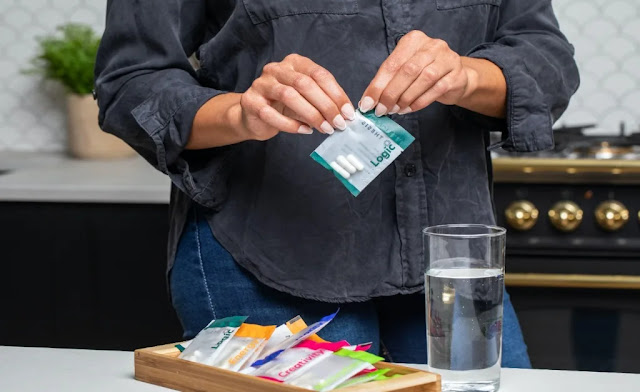Top 6 Risks of Self Medication
Self-medication is the use of medication without the supervision of a healthcare professional. It may be done to treat minor illnesses or to relieve symptoms while waiting for a doctor’s appointment.
Before taking any kind of medication, it is important to understand the risks associated with self-medication. It can be dangerous and should only be done when necessary. The most common medicines for self-medication include over-the-counter pain relievers, antacids, laxatives, cough medicines, and cold medicines. People might also try alternative therapies such as herbal remedies and acupuncture to relieve symptoms or treat an illness.
One should be very cautious when self-medicating. It can be dangerous if you take the wrong medication or incorrect dose or if the patient has an underlying condition that could lead to serious side effects.
Either prescribed or self-medication when taken with alcohol proves to be very dangerous and life-threatening. Alcohol is a depressant and can worsen ailment symptoms. Some may find it difficult to quit alcohol when on medication, even when it is causing complications in their lives. This leads to addiction and serious health problems. It is important to talk to a healthcare professional to identify the treatment options and deal with them accordingly.

Top 6 Risks of Self Medication
1. Long Term Self-Treatment Cause Severe Health Problems
Most people use nonprescription drugs for short-term use to manage a self-limiting condition. But they continue using them for a long time to treat certain chronic conditions. This is not advisable as such medications are not suitable for long-term use. It is widely acknowledged that the health hazards associated with self-medication are largely the result of incorrect use. This is sometimes referred to as abuse or misuse of medicines. It is important only to take prescribed drugs as directed by a healthcare professional and to never take more than the recommended dosage.
2. Drug Interaction:
The change in a drug's effect by the concurrent or prior administration of another drug or food is known as a drug interaction. The likelihood of adverse drug interactions is anticipated to rise exponentially if a patient takes several medications.
The elderly are particularly vulnerable to potential medication interactions for several physiological reasons. Older people typically take poly medicines since they tend to have more comorbid diseases. Drug interactions become more common as people age due to decreased renal drug excretion, lower hepatic drug clearance, decreased body water content, and increased body fat content.
3. Masking the Medical Condition:
Self-medication often masks the medical condition. While the patient may believe that taking medicine will treat the symptoms, it often masks the symptoms of an underlying medical condition. Suppose the patient does not get the right medical advice and treatment timely. In that case, the underlying medical condition could worsen and become dangerous.
4. Potential Delay in Treating the Disease:
When patients try to treat themselves, they waste a lot of time on self-medication and such strategies. It delays the process of actual treatments and often worsens the patient's disease. Therefore, it is suggested that patients should never delay their treatments by going for self-medications.
5. Worsening the Disease:
Diagnosing an ailment is a doctor's job. The patient may be unable to figure out the correct disease and would treat it based on assumptions. If the assumptions are wrong, then it would create serious problems. There will be side effects and reactions to the wrong medicines. His disease would not be getting treated and his health would start deteriorating. Thus, the wrong medicine can harm the patient in multiple ways.
6. Wrong Dosage of Drug:
The patients do not know the right dosage of medication to treat the illness and the issues the wrong usage can cause, which is a serious problem. The appropriate quantity to take the medication and any side effects or biochemical reactions are unknown to the healthcare professionals only; which is why it is highly recommended to consult a professional for any ailment so they can prescribe the right medication.
Treatment Options for Self-Medication Problem
There are many treatment options to overcome self-medication problems. Some of these treatments may include therapy, medication, and support groups. It is important to discuss the best treatment options with a healthcare professional to find what will work best for you.
Therapy, such as cognitive behavioral therapy (CBT), can help individuals identify and address the underlying causes of their self-medication habits. A therapist can also help you develop coping strategies for stress and manage your emotions and health.
Support groups are a great way for individuals to connect, share their experiences dealing with ailments, and get help in recovery.
Conclusion
Self-medication is a common issue as most people overlook the underlying health problems and prefer to use different drugs to manage the general symptoms. It is harmful in the long run, as it is imperative to understand the health perils associated with it, like substance abuse leading to mental health issues. To address these health issues seeking professional help is mandatory.

No comments